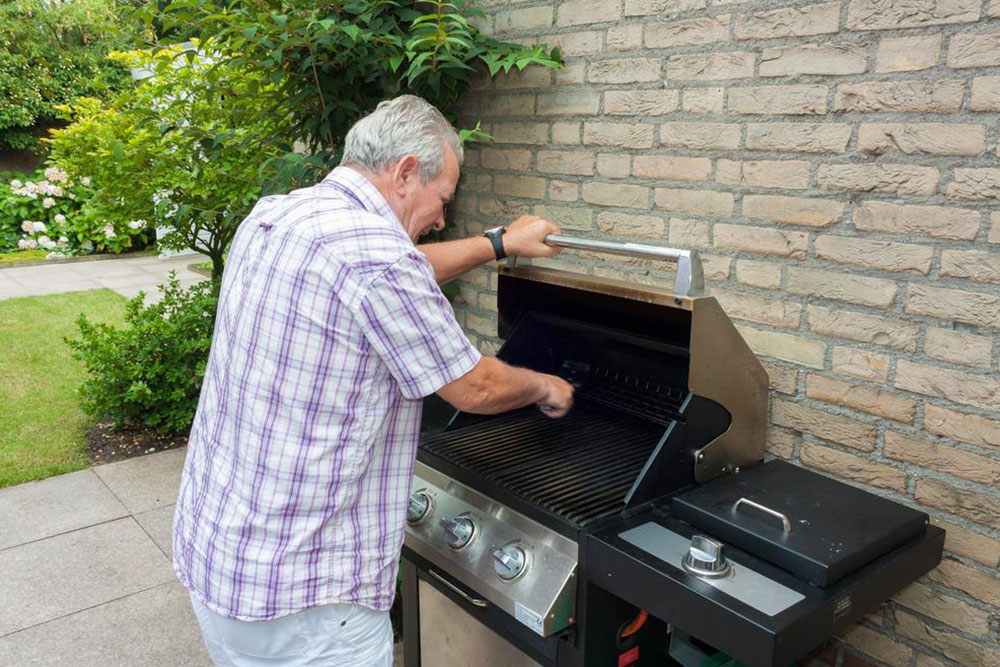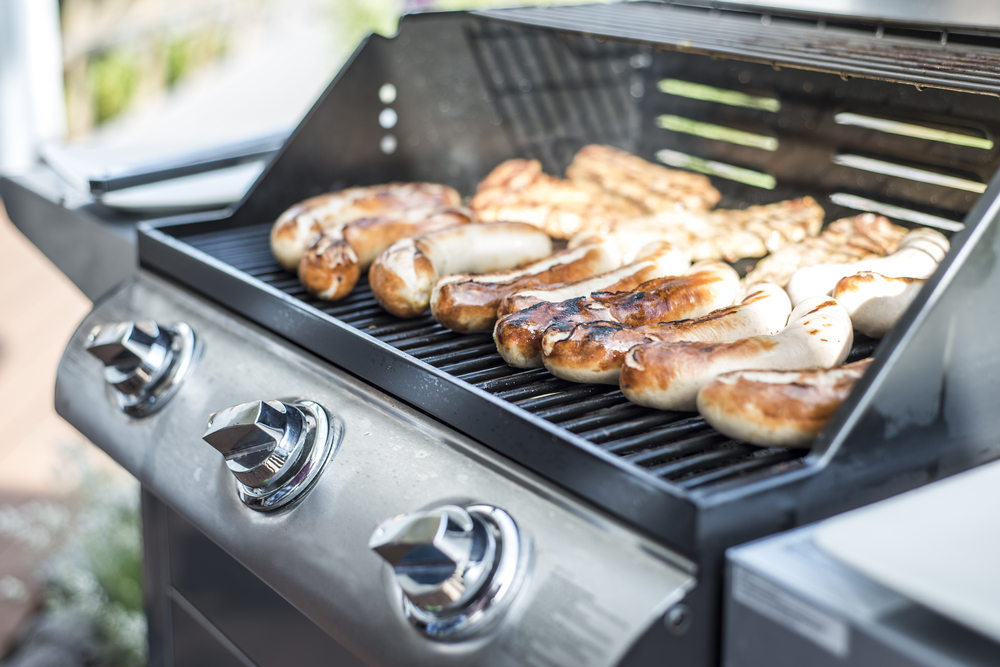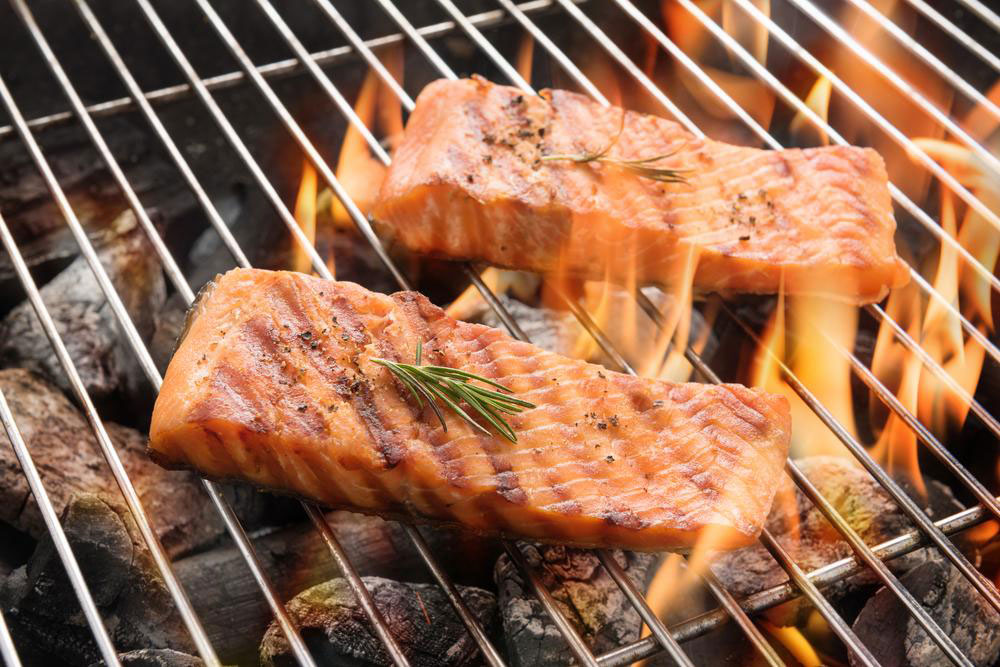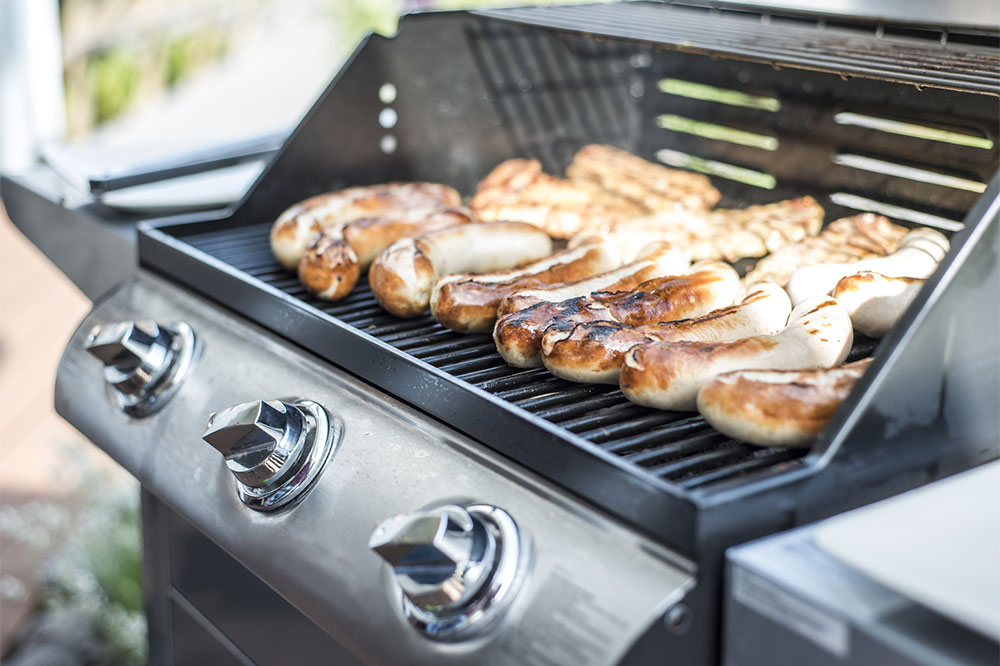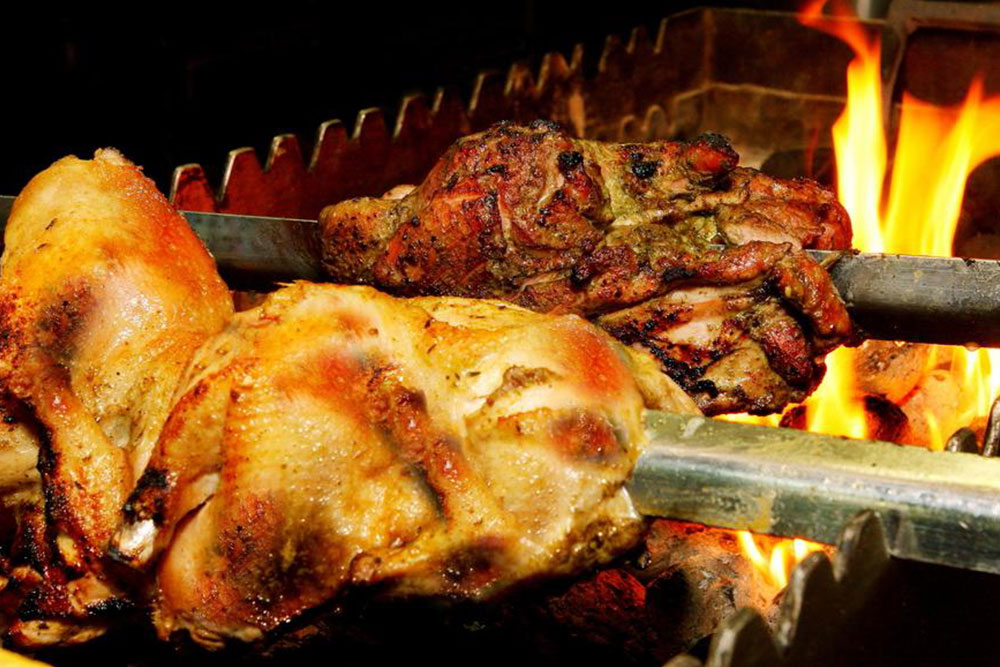Choosing the Perfect Grill Material: A Comprehensive Guide to Stainless Steel and Cast Iron for Barbecue Enthusiasts
This comprehensive guide compares stainless steel and cast iron grills, covering performance, durability, maintenance, and suitability for outdoor use. It helps barbecue enthusiasts choose the ideal grill based on their cooking needs, environment, and budget, ensuring optimal results and longevity for their outdoor culinary adventures.
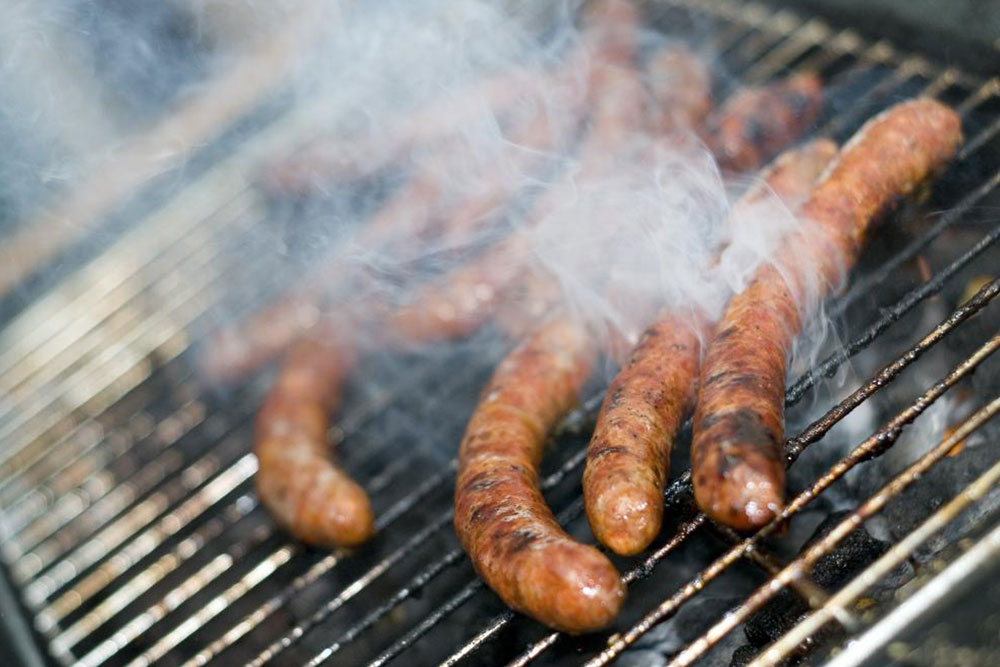
In-Depth Comparison: Stainless Steel vs. Cast Iron Grills for Optimal Barbecuing
When it comes to outdoor cooking and barbecue preparation, selecting the right grill material is a critical decision that can greatly influence your grilling experience. With a multitude of options available, two of the most popular and reliable materials are stainless steel and cast iron. Although both have unique characteristics and benefits, understanding their differences can help you make an informed choice tailored to your specific needs, cooking style, and environment.
Key Factors to Consider When Choosing a Grill Material
Deciding between stainless steel and cast iron involves evaluating several key aspects, including performance, durability, maintenance needs, placement suitability, and your budget constraints. These factors not only affect the grilling process but also determine the longevity and overall satisfaction with your invested equipment.
Performance Dynamics of Stainless Steel and Cast Iron
Grill performance hinges significantly on the material's ability to conduct and retain heat, as well as its resilience under various cooking conditions. Grills are constructed from diverse materials such as cast aluminum, sheet metals, cast iron, and stainless steel, each offering different advantages. It's essential to consider the quality and grade of stainless steel, as not all stainless steel provides the same level of strength and durability. High-quality stainless steel, especially types like 304 or 316, are resistant to corrosion, rust, and withstand the rigors of outdoor use, making them a reliable choice for long-term investments.
Importance of Placement and Material Durability
Placement is a crucial factor to consider, especially since most grills are designed primarily for outdoor environments exposed to elements such as rain, wind, and sun. Selecting a grill with robust materials like steel, cast iron, or a combination thereof ensures better longevity. Cast iron, renowned for its heat retention capabilities, is highly durable but requires proper care to withstand outdoor conditions. Proper placement in a sheltered area or cover can extend the life of your grill. Additionally, both stainless steel and cast iron provide excellent heat retention and efficient cooking, making them preferred choices for many enthusiasts. Pricing should also be a consideration; higher-quality materials often come at a premium but offer better performance and durability in return.
Deep Dive into Cast Iron Grills
Cast iron has been a staple in grilling for centuries due to its exceptional heat-handling properties. It can endure extremely high temperatures, making it ideal for searing steaks or creating those coveted grill marks. However, cast iron requires meticulous maintenance to prevent rusting and deterioration. Many cast iron grates today are coated with porcelain or enamel, which serve as protective layers against corrosion and make cleaning easier. Although some purists favor uncoated cast iron for its superior heat retention and flavor, coated variants offer considerable convenience without sacrificing too much performance.
Advantages and Drawbacks of Cast Iron Grills
Cast iron performs exceptionally well at retaining heat, enabling consistent cooking, especially for thick cuts of meat and slow-roasting tasks. Its capacity for sustaining high temperatures results in excellent searing and flavorful crust development. However, cast iron is susceptible to rust if not properly seasoned and maintained; it also tends to be heavier and bulkier, which can make handling a bit challenging. Additionally, casting and cleaning require more effort because cast iron grates need to be preheated for easier cleaning and to prevent sticking. Regular seasoning and proper storage are essential to maximize the lifespan of cast iron grills.
Features and Benefits of Stainless Steel Grills
Stainless steel has gained popularity among modern grillers because of its sleek appearance, corrosion resistance, and ease of maintenance. These grills do not require intense pre-heating and are generally less prone to rusting compared to traditional iron counterparts, making them suitable for outdoor use over extended periods. Cleaning stainless steel is straightforward—typically, a mild detergent and a non-abrasive sponge suffice. While stainless steel is slightly less effective at heat retention compared to cast iron, quality stainless steel grills often incorporate layered constructions or heat diffusers to improve cooking performance.
Pros and Cons of Stainless Steel Grills
The primary advantages of stainless steel include superb durability, minimal maintenance, and resistance to rust and corrosion. They provide consistent heating, are lightweight relative to cast iron, and maintain a hygienic surface that is easy to clean. However, a notable downside is their tendency to develop a darkened patina or discoloration over time due to heat exposure, which is primarily an aesthetic concern but does not compromise functionality. The initial investment for high-quality stainless steel grills can be higher, but their longevity and ease of use often justify the price for many consumers.
In conclusion, understanding the unique features, maintenance requirements, and performance capabilities of both stainless steel and cast iron grills can significantly improve your grilling experience. Your choice should align with your cooking preferences, environmental conditions, budget, and willingness to maintain your equipment. Whether you prioritize the superior heat retention of cast iron or the sleek durability of stainless steel, selecting the right grill material is a vital step towards becoming a master griller and enhancing your outdoor cooking endeavors.
